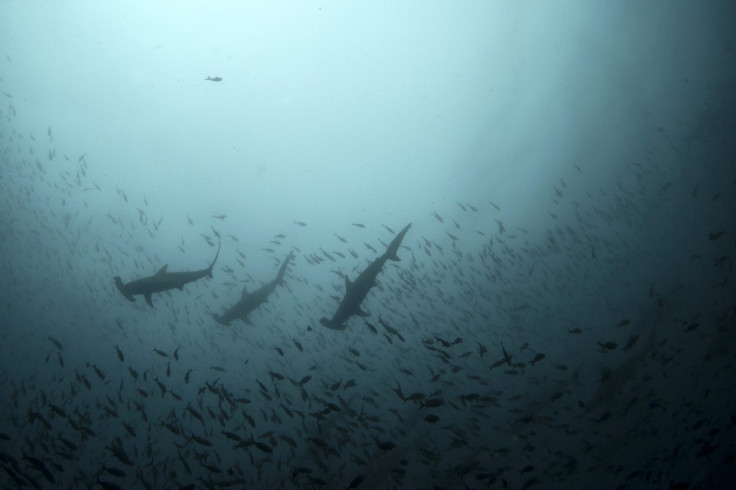Lawsuit Pushes Mexico To Protect 'Vulnerable' And 'Critically Endangered' Hammerhead Sharks
KEY POINTS
- A group filed a lawsuit to push Mexico to protect three shark species
- The three species are threatened with extinction due to overfishing
- Mexico ranks fourth worldwide in shark fishing by volume
An environmental group filed a lawsuit to push Mexico to protect three species of hammerhead sharks. Mexico is one of the top shark fishing countries in the world.
Lawsuit
The Center for Biological Diversity filed the first-ever lawsuit with the aim to force wildlife protections under Mexico's counterpart for the U.S. Endangered Species Act, NOM-059. Specifically, the lawsuit aims to push Mexico to protect three hammerhead shark species with populations that are already in danger particularly due to overfishing: the smooth hammerhead considered as "vulnerable" by the IUCN Red List as well as the scalloped hammerhead shark and the great hammerhead shark, both of which are considered as "critically endangered."
In the United States, these three species are protected under the Endangered Species Act. However, the same cannot be said for the animals in Mexico, which ranks fourth in the world in terms of shark fishing by volume.
Hammerhead Trade
According to the Center for Biological Diversity, Mexico exported about 300,000 pounds of hammerhead shark fins to places like China and Hong Kong between 2015 and 2018 alone. As a result of overfishing as well as threats to the animals' habitat, hammerhead numbers have seriously been declining.
For instance, great hammerhead sharks are particularly vulnerable to overfishing, especially since the large size of their fins are attractive targets for the global shark's fin trade. Unfortunately, over 90 percent of great hammerhead sharks die once they are caught, making them especially endangered with the threat of extinction.
Similarly, scalloped hammerheads are also vulnerable to overfishing because of their valuable fins. Since scalloped hammerheads typically form groups, multiple individuals tend to be caught in a single area just by fishing at the "right" place.
Facing Extinction
Unfortunately, in Mexico, regulations on shark fishing allow direct and indiscriminate catching of sharks, which means that the sharks can be caught without having to distinguish whether they are threatened or not. Furthermore, sharks can also be caught before they even breed, which is bad news for the already dwindling shark populations.
"These incredible animals are being hammered by shark-fishing, but the Mexican government is doing almost nothing," Mexico representative for the Center for Biological Diversity, Alejandro Oliviera, said. "International experts warn that these sharks could face extinction, and Mexican officials should do their part and safeguard hammerheads under our country's regulations. Until Mexico takes action, hammerheads will keep being killed by the thousands for their fins."

© Copyright IBTimes 2024. All rights reserved.






















